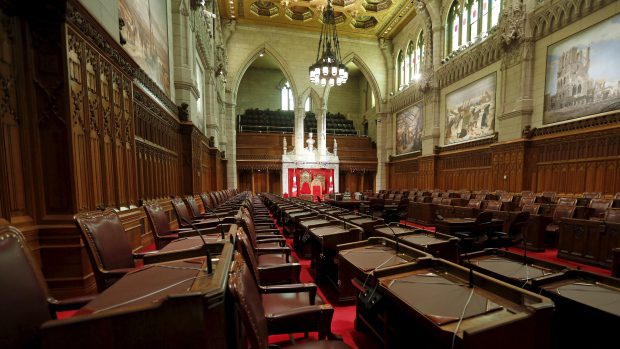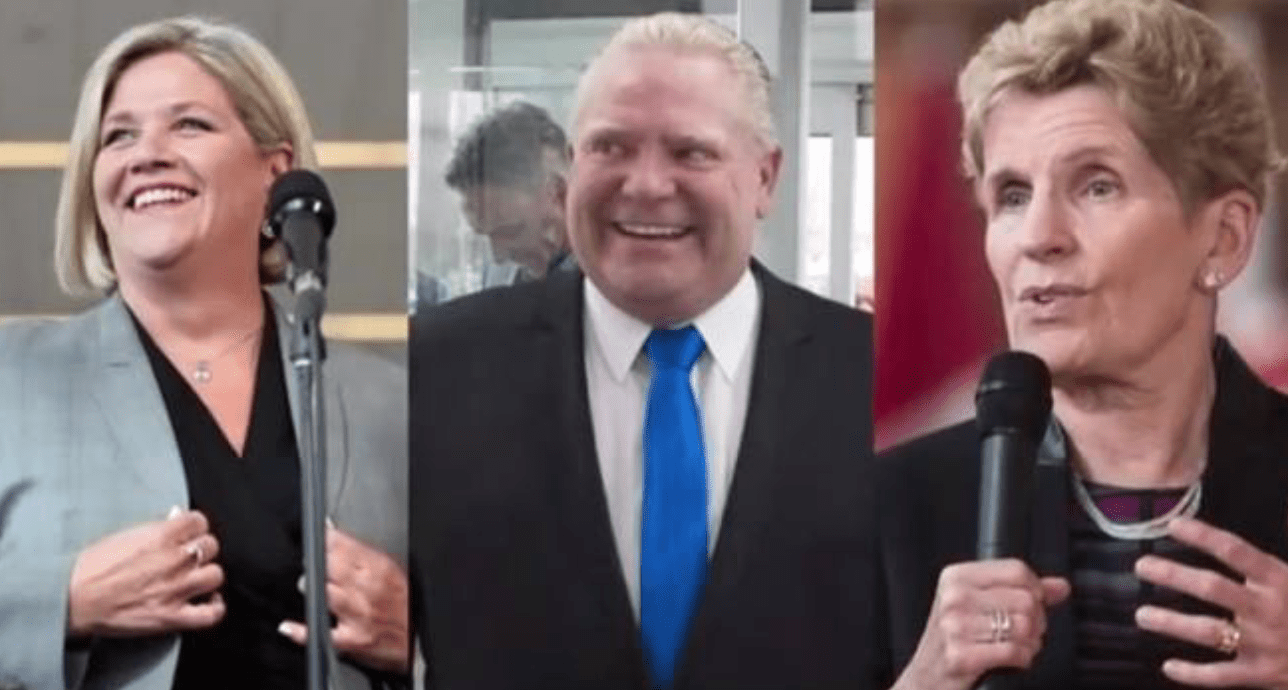The Independent Senators Group (ISG) turned two this past weekend, from its creation first as the Independent Non-Partisan Senators Working Group, to its current status as the largest caucus within the Senate. It was an effort that took time to modernize the rules of the Senate in order to simply be recognized as a caucus group, to get the resources necessary to help do the organizational work that comes with the logistical challenges of a group like this, and to help adapt the upper chamber to the new reality that prime minister Justin Trudeau imposed on them. But there are growing pains as they continue to expand and look to start changing the rules of the Senate even further in order to try and reshape the institution to reflect their vision.
On Monday morning, the ISG tweeted that "[ISG Senate] members agree: When senators are independent they add to the depth of [sober second thought] and expertise within the Canadian Senate." While this had the benefit of immediately getting the backs up of partisan senators by insinuating that their contributions are of a lesser quality, or that those who were appointed to the Senate as members of a partisan caucus who came in with specific expertise were somehow shallower in their critical capacity, it highlighted the ongoing preciousness that these Independent senators are exhibiting when it comes to their conception of their status as independents.
It also brings back the canard that certain Independent senators have been pushing about how they don't need organized opposition within the Senate, because it is equated with partisanship never mind that it can make sober second thought more coherent because it provides a proper challenge function to the government, something that a Senate of 105 loose fish would be far less able to do (and as many of these senators don't seem to understand that a challenge function is part of the very nature of parliament in its existential role in holding the government to account).
This being said, it does raise an issue that is going under the radar with in the Senate, which is the gradual loss of institutional memory within it ranks as many of its most experienced members have been reaching their mandatory retirement age, while newer senators are not being given the benefit of adequate mentorship. This is a vital point that I'm not sure is being adequately highlighted that the mentorship of new senators matters, and that there has been insufficient capacity for independent senators to get the benefit of it, especially as they continue to eschew the advice of many long-time senators because they don't want to be tainted by the allegations of partisan leanings. It can't be understated that the waning caucus-centric system was vital for the transmission of that institutional knowledge, and in particular because of the network that it created among staffers who had been working on their particular files for ten, fifteen years at a time.
With this in mind, I find myself troubled by the fact that the ISG has been trying to build some kind of policy research capacity into their Secretariat, under the rubric that they don't have access to the parties' research bureaux, so they need something to make up for it. The problem is that operationally, even partisan Senate caucuses rarely made use of their parties' research offices as it was they already had the capacity and policy depth within their own offices because they had that institutional memory and the staffers who had been working on those files for so long. And add to that, all senate offices recently got a boost to their office and research budgets because the independent senators wanted more leeway for the doing policy research, so why they need to build more research functions into their secretariat is puzzling, particularly as it is supposed to be a tool largely for logistics and procedural support.
Where there was some kind of external support was often when it came to the government caucus, who was able to get briefing materials from ministers' offices something that the current government has cut off given their attempt to make the Senate more "independent," and the point has been made that perhaps if they want independent senators to shepherd their bills through the Senate (which I think is problematic and absolutely risks coopting these senators), then they should provide them with those kinds of policy materials to go along with it. Of course, it should be the Government Leader in the Senate who should be shepherding those bills, but we've already tilled this ground.
Two years later, I find my enthusiasm for this "independent" Senate to be waning. While there have been some very good appointments among the newer independents, I am also seeing some egos, some entitlement, and some troubling amounts of disdain for the Westminster parliamentary system with a dose or revisionist history to justify it. While there was some temporary balance in the chamber between the ISG and the two partisan caucuses, that is quickly being lost as the ISG continues to grow without adequate mentoring or a sense of their place within the constitutional order, abetted by a "government representative" who is looking to do actual harm to the institution because it suits him to try to play both sides in a half-pregnant manner, pretending that he can both represent the government and remain unaffiliated as though the two could reasonably fit together. They can't. And because he flatters the preciousness of the independents at the expense of the incumbent, partisan senators, their enthusiasm for tearing down the existing good work of the institution and patting themselves on the back for being "better" independents gives me pause as to where the future is headed. The Senate works best with the ISG acting as a crossbench contingent roughly co-equal to the Liberals and Conservatives in the Chamber, but with that balance rapidly skewing, I worry that we are headed for an era of lasting damage to one of the most unique and interesting parliamentary institutions in the Western world.








